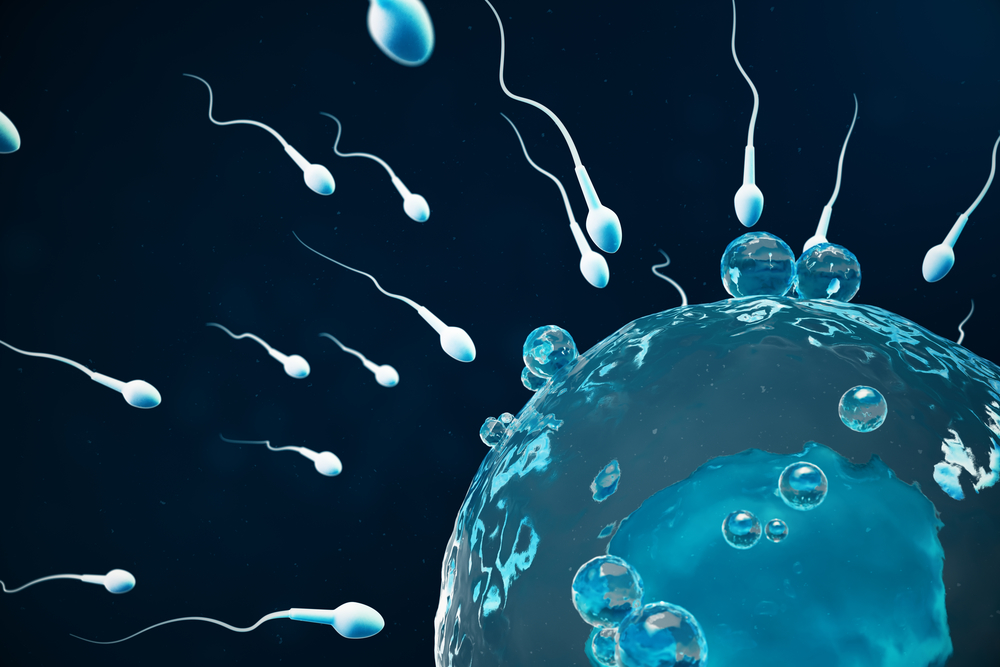What’s going on?
The last time we checked, you are still not pregnant yet at Week 2! But do hang on tight, as things are about to progress rapidly from here.
Your uterine lining – the one responsible for nourishing your baby – is developing, while your body secretes the follicle stimulating hormone (FSH) which will stimulate an egg to mature. If you have a regular 28-day cycle, you will reach the midpoint of your menstrual cycle by the end of this week. Once it has matured, the egg is released by the ovary where it enters the fallopian tube and start the long journey towards the strong swimmer sperm and the uterus.
Baby at Week 2
Although it will probably be a while until you find out your baby’s gender for sure, this will be determined at the point of fertilisation. A baby’s genetic material is made of 46 chromosomes – one from the sperm and one from the egg – and together, they are known as sex chromosomes which determine the baby’s gender.
While every egg has an X sex chromosome, a sperm can either carry an X or Y sex chromosome. Thus, if the X chromosome sperm fertilises your egg, you’ll have a girl; and if it has a Y chromosome, you will have a baby boy.
What is mum up to?
This is when you are most likely to conceive if you have unprotected sexual intercourse around the time of ovulation. Once your partner ejaculates, millions of sperm trek through the vagina and hundreds make it to the fallopian tube, where your egg is waiting. The fittest sperm of the lot will succeed in penetrating the egg, and fertilisation takes place.
Top tips for Week 2:
This is your one and only chance this cycle to maximise your chances of conceiving.
Here are some things you can do make the most of this window:
- Use an ovulation predictor kit and/or chart your basal body temperature first thing in the morning to know for sure when you are ovulating.
- Schedule to have intercourse every other day – once ovulation is detected, attempt to do it on the day itself and the next day.
- There have been reviews that state how techniques such as lifting your hips with a pillow underneath and keeping your legs up in the air for at least 20 minutes help to up your chances of conception. While these have not been proven by research, it does not hurt to give them a try!
- Attempt to stay active during this time by exercising regularly – low impact exercises such as yoga, pilates, walking and swimming are good choices to start off with.
- Stress may hinder your chance of conception, even if regular intercourse is achieved. Thus, it is important to stay calm and relaxed during this period and get adequate sleep each night.
READ NEXT
























